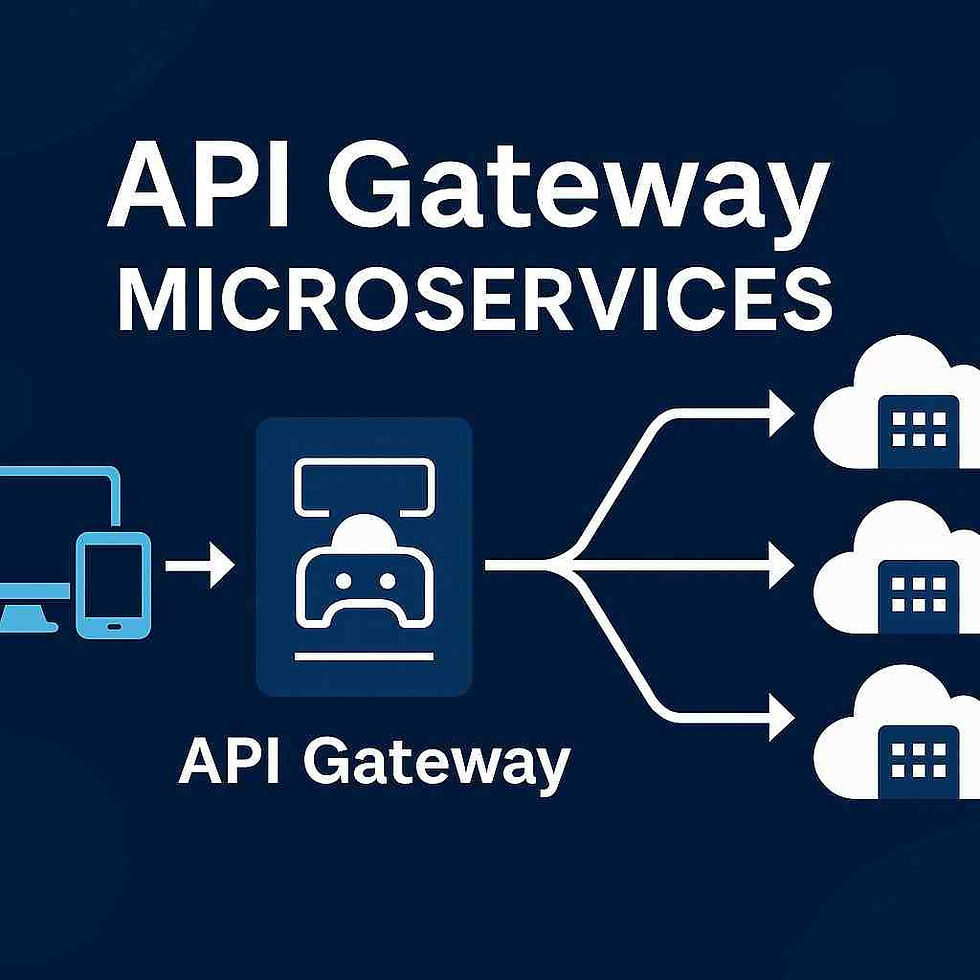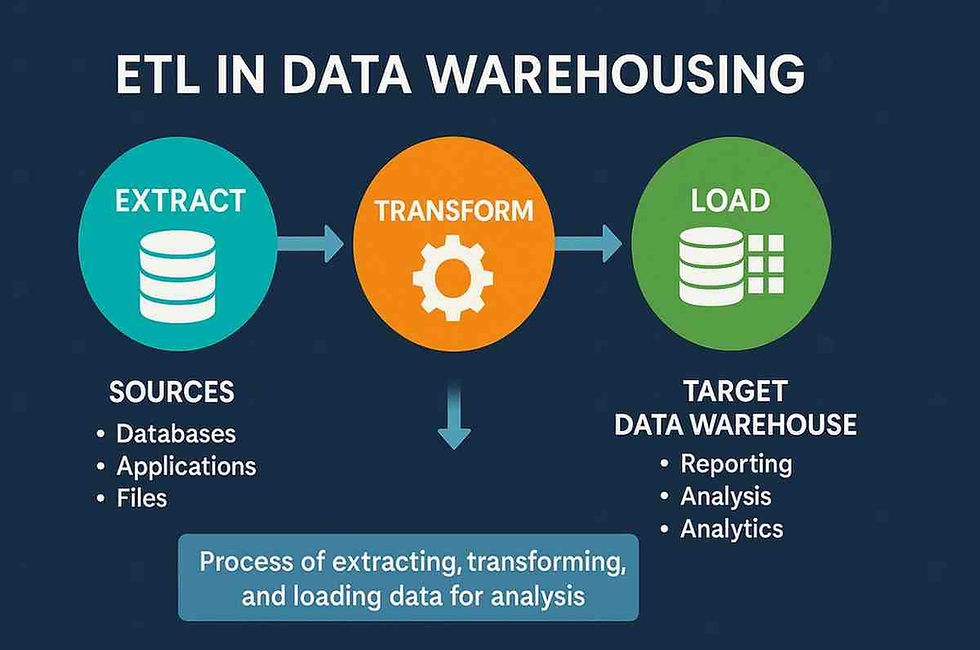Top 20+ Questions for Selenium Interview | Preparation Guide 2025
- Gunashree RS
- May 13, 2025
- 6 min read
Introduction to Selenium Interview Questions
Securing a job in automation testing requires thorough preparation, especially when it comes to Selenium—the industry-leading framework for web application testing. Whether you're a fresher hoping to land your first QA role or an experienced tester aiming for a senior position, understanding the types of questions for Selenium interview scenarios is crucial.
In this comprehensive guide, we'll cover everything from basic concepts to advanced techniques that interviewers commonly assess. By the end of this article, you'll have a solid foundation to confidently tackle any Selenium interview question thrown your way.
According to recent industry surveys, over 70% of organizations worldwide use Selenium for their automation testing needs, making it one of the most in-demand skills for QA professionals. Let's dive into preparing you for success!

Basic Selenium Interview Questions
Every Selenium interview starts with fundamental questions to assess your understanding of core concepts. Here are the most commonly asked basic questions:
What is Selenium, and why is it popular?
Selenium is an open-source automation testing framework primarily used for web application testing. Its popularity stems from being free, supporting multiple browsers and programming languages, having a large community, and offering flexibility through its component-based architecture.
What are the different components of the Selenium suite?
Selenium WebDriver
Selenium IDE
Selenium Grid
Selenium RC (now deprecated)
What is the difference between Selenium and QTP/UFT?
Feature | Selenium | QTP/UFT |
Cost | Open-source (free) | Commercial (licensed) |
Supported platforms | Cross-platform | Primarily Windows |
Programming languages | Multiple (Java, Python, C#, etc.) | VBScript mainly |
Application support | Web applications only | Web, desktop, mobile |
Browser support | All major browsers | Limited browser support |
What are the limitations of Selenium?
Cannot test desktop applications
No built-in reporting mechanism
Cannot handle captchas and images
Requires programming knowledge
No technical support (community-based)
Explain Selenium WebDriver architecture.
Selenium WebDriver uses a client-server architecture. When a command is executed, the client library sends a request to the browser driver, which forwards the command to the actual browser. The browser executes the command and returns the response through the same path.
Intermediate Selenium Interview Questions
Once you've demonstrated your understanding of the basics, interviewers typically move to intermediate-level questions:
WebDriver-Specific Questions
What are the different types of waits in Selenium WebDriver?
Implicit Wait: Sets a global timeout for all elements
Explicit Wait: Waits for a specific condition on a particular element
Fluent Wait: Similar to explicit wait, but with polling frequency configuration
How do you handle dynamic elements in Selenium?
Using dynamic XPath or CSS selectors
Implementing waits (explicit or fluent)
Using parent-child relationship locators
Using contains(), starts-with(), or text() functions in XPath
Explain different element locator strategies in Selenium.
ID
Name
Class Name
Tag Name
Link Text
Partial Link Text
XPath
CSS Selector
How do you handle browser pop-ups and alerts?
// Example code for handling alerts
Alert alert = driver.switchTo().alert();
// Get text from alert
String alertText = alert.getText();
// Accept the alert
alert.accept();
// Dismiss the alert
alert.dismiss();
// Enter text into prompt
alert.sendKeys("Text input");What is the Page Object Model (POM) and why is it used?
The Page Object Model is a design pattern that creates an object repository for storing web elements. It helps improve code maintenance, reduces code duplication, and enhances test case readability. Each web page is represented as a class, and the elements of that page are defined as variables in the class.
Advanced Selenium Interview Questions
For senior or specialized roles, interviewers often probe deeper with advanced questions:
Framework Design and Best Practices
Explain your experience with designing a Selenium automation framework. A comprehensive answer should include:
Framework architecture (e.g., hybrid, data-driven, keyword-driven)
Design patterns used (POM, Factory, Singleton)
Project structure and organization
Handling test data and configuration
Reporting mechanism
CI/CD integration
How do you handle parallel test execution in Selenium?
Using TestNG for parallel execution with XML configuration
Implementing thread-safe code
Using Selenium Grid for distributed testing
Managing WebDriver instances properly
What strategies do you use for handling flaky tests?
Implementing proper waits
Using stable locators
Adding retry mechanisms for failed tests
Implementing proper setup and teardown methods
Regular maintenance of test scripts
How do you integrate Selenium tests with CI/CD pipelines?
Setting up test execution as part of build jobs
Configuring test reporting
Implementing failure notification mechanisms
Scheduling regular test executions
Setting up appropriate test environments
Explain how you would test a complex web application with multiple iframes, shadow DOM, and dynamic content.
Strategies for switching between frames
Handling shadow DOM using JavaScript executors
Implementing robust waits for dynamic content
Creating reusable utilities for common challenges
Programming Language-Specific Questions
Most Selenium interviews also include questions specific to the programming language used with WebDriver:
Java with Selenium
How do you handle exceptions in your Selenium framework?
try {
WebElement element = driver.findElement(By.id("dynamicElement"));
element.click();
} catch (NoSuchElementException e) {
logger.error("Element not found: " + e.getMessage());
// Recovery steps
} catch (ElementNotInteractableException e) {
logger.error("Element not interactable: " + e.getMessage());
// Attempt alternative approach
} finally {
// Cleanup code
}Explain how you use Java collections in your Selenium framework.
Lists for storing multiple WebElements
HashMaps for configuration properties
Sets for unique test data
Queues for handling test workflows
Python with Selenium
How do you implement data-driven testing using Python and Selenium?
Using parameterization with pytest
Reading data from external files (CSV, Excel, JSON)
Implementing fixture functions
What Python libraries do you commonly use alongside Selenium?
pytest for test execution
requests for API testing
pandas for data manipulation
openpyxl for Excel file handling
logging for test logging
Real-world Scenarios and Problem-solving Questions
Interviewers often present real-world scenarios to evaluate your problem-solving abilities:
How would you debug a failing Selenium test?
Check logs for exceptions.
Add screenshots at failure points.
Implement video recording
Step-by-step execution and breakpoints
Verify test data and preconditions
Your tests work fine locally but fail in the CI environment. How would you troubleshoot?
Compare browser versions and configurations.
Check for environment-specific issues (screen resolution, permissions)
Look for timing issues
Verify network connectivity and access
Check for resource constraints
How would you improve the execution time of a large test suite?
Implement parallel execution
Use headless browsers where appropriate
Optimize waits and timeouts
Group and prioritize tests
Implement smart retries
Testing Concepts Beyond Selenium
Well-rounded QA professionals should also be prepared for general testing questions:
Explain the testing pyramid and where Selenium tests fit in. The testing pyramid consists of:
Unit tests (base): Fast, focused tests at the code level
Integration tests (middle): Testing interactions between components
UI/E2E tests (top): End-to-end tests like Selenium tests
Selenium tests typically sit at the top of the pyramid due to their slower execution time and broader scope.
How do you determine what should be tested with Selenium versus other testing methods?
User-facing functionality should be tested with Selenium
Business logic should be tested at the unit/integration level
Performance-critical functionality should use specialized tools
Security testing requires specialized approaches
Conclusion
Preparing for a Selenium interview requires a comprehensive understanding of automation concepts, practical experience with the framework, and strong problem-solving skills. By familiarizing yourself with these common questions for Selenium interview scenarios, you'll be well-equipped to showcase your expertise.
Remember that interviewers are not just looking for technical knowledge but also your approach to challenges, communication skills, and how you apply automation testing principles in real-world situations.
Key Takeaways
Master both basic and advanced Selenium concepts before your interview
Practice explaining your automation framework design decisions
Be prepared to discuss language-specific implementations (Java, Python, etc.)
Develop strong problem-solving approaches for troubleshooting scenarios
Understand testing principles beyond just Selenium technical details
Stay updated with the latest Selenium features and best practices
Practice coding exercises related to WebDriver implementation
Be ready to discuss real-world automation challenges you've faced
FAQ: Common Questions for Selenium Interview Preparation
Q: What's the most important skill to highlight in a Selenium interview?
A: While technical proficiency is important, problem-solving abilities and a systematic approach to test automation are equally valuable. Highlight your experience with designing maintainable frameworks and solving complex automation challenges.
Q: Should I memorize Selenium syntax for interviews?
A: Rather than memorizing syntax, focus on understanding core concepts and best practices. Most interviewers are interested in your approach to problems rather than perfect recall of syntax details.
Q: How can I prepare for coding challenges in Selenium interviews?
A: Practice implementing common scenarios like handling dynamic elements, creating page objects, and setting up cross-browser tests. Use online coding platforms to sharpen your skills.
Q: Are certifications important for Selenium interviews?
A: While certifications can be helpful, practical experience and problem-solving abilities typically carry more weight in interviews. Focus on building a portfolio of relevant projects.
Q: How do I explain gaps in my Selenium knowledge during an interview?
A: Be honest about areas where your knowledge is limited, but emphasize your learning approach and how you've overcome challenges in the past. Demonstrating adaptability is often more valuable than knowing every detail.
Sources and Further Reading
Selenium Official Documentation: https://www.selenium.dev/documentation/en/
Guru99 Selenium Tutorial: https://www.guru99.com/selenium-tutorial.html
BrowserStack Selenium Testing Guide: https://www.browserstack.com/guide/selenium-webdriver-tutorial
GitHub - SeleniumHQ: https://github.com/SeleniumHQ/selenium
StackOverflow Selenium Tags: https://stackoverflow.com/questions/tagged/selenium
Medium - Selenium Best Practices: https://medium.com/tag/selenium-webdriver




Link INDOVIP138
indovip138
indovip138
indovip138
indovip138
indovip138
indovip138
indovip138
indovip138
indovip138
indovip138
indovip138
indovip138
indovip138
indovip138
indovip138
indovip138
indovip138
indovip138
indovip138
indovip138
indovip138
indovip138
indovip138
indovip138
indovip138
indovip138
indovip138
indovip138
indovip138
indovip138
indovip138
indovip138